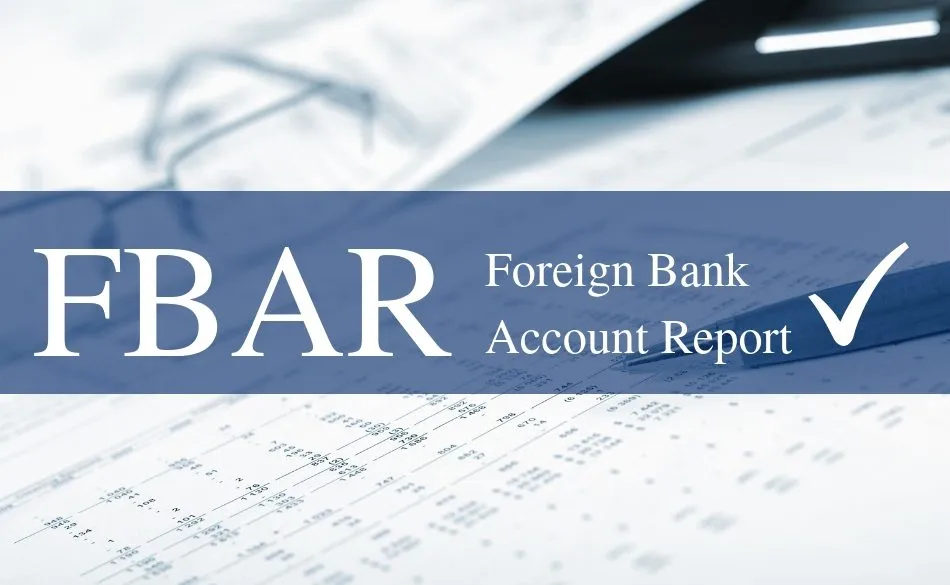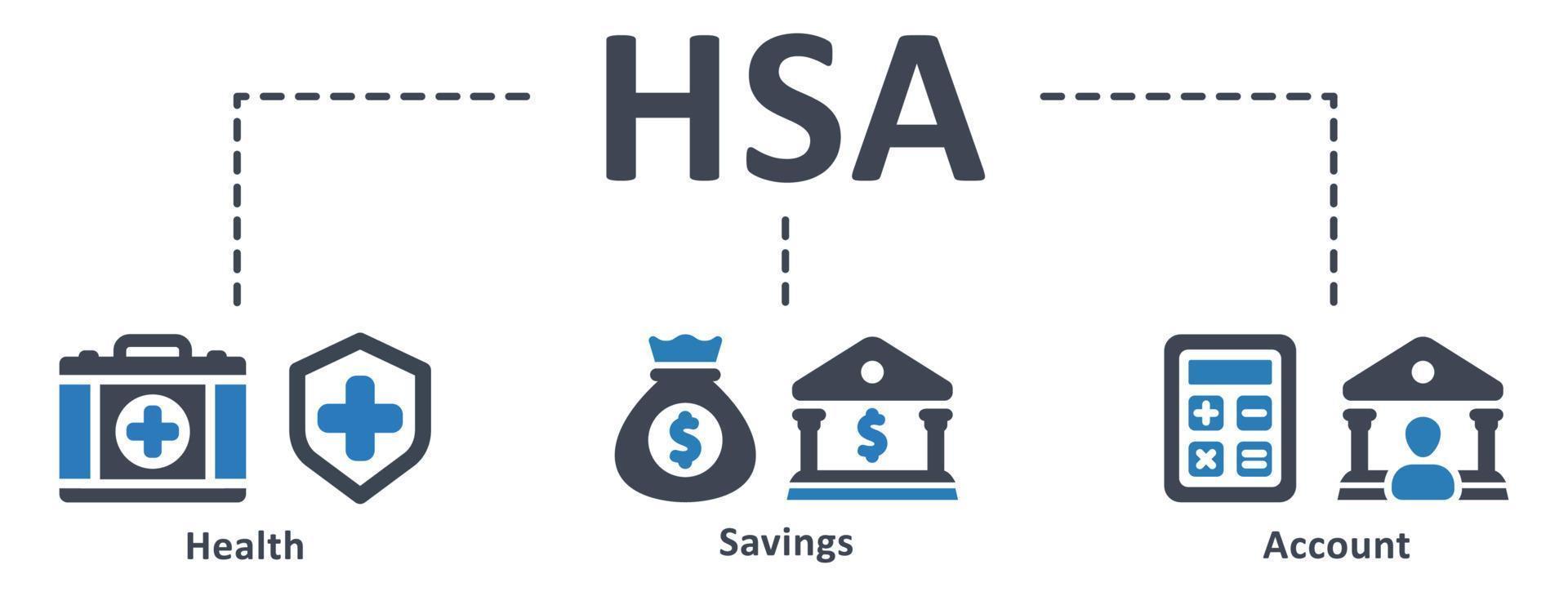 WhatsApp
WhatsApp
 Call Us
Call Us
 Email Us
Email Us
 Whatsapp Community
Whatsapp Community

Are you tenant and don’t know the residential status of your landlord, you might be in trouble!
How are the obligations of a tenant with respect to an NRI landlord different?
As per the Income Tax Act of 1961, if your landlord is an NRI, then merely ensuring timely rent payments might not suffice to comply with the legal complications. You need to fulfil numerous other responsibilities, neglecting which could lead to financial and legal troubles. So, taking a step back, knowing the residential status of one’s landlord is important.
Under the income tax laws, a tenant is required to deduct the tax at the time of paying rent.
Amount is Irrelevant: The tax must be deducted irrespective of monthly rent amount. This means that whether you are paying Rs 15,000 per month as rent or Rs 50,000, tax must be deducted before making the rent payment.
Mode of Payment is Irrelevant: TDS is applicable irrespective of whether the rent is paid via cash, cheque or any other mode to the landlord.
Tax Rates Applicable: The tax must be deducted from the rent payable at the rate of 31.2%. This tax rate is applicable unless the NRI landlord has a certificate stating that his total income from India is below the exemption limit. A certificate under Section 197 for lower TDS received under Section 197 would require the deductor to deduct lower TDS as per the order of the AO. The Income-tax Act allows both tenant and landlord to make an application seeking lower or nil TDS.
Prerequisites: First of all, tenants must get a tax account number (TAN) via the NSDL website at https://tin.tin.nsdl.com/tan/form49B.html.
1. Monthly TDS Deduction: TDS on rent should be deducted monthly, at the time of credit of rent to the NRI's account or payment, whichever is earlier. The TDS deducted should be deposited with the government by the 7th of the subsequent month.
2. Quarterly Returns: A quarterly TDS return in Form 26Q should be filed detailing the TDS deductions.
3. Annual TDS Certificate: An annual TDS certificate in Form 16A should be generated from the TRACES website and provided to the NRI landlord.
4. Additional compliance: Upon payment, the tenant must fill in Form 15CA/ 15CB and submit it online to the income tax department.
1. For not paying it to the Government: If the tenant does not pay the TDS on time, it attracts prosecution under Section 276B of the Income Tax Act, 1961. That is, it may lead to imprisonment ranging from three months up to seven years.
2. For not deducting the TDS: When a tenant fails to deduct tax from the rent paid to an NRI landlord, the tenant may also attract a penalty equal to the TDS amount as per Section 271C of the Income Tax Act.
1. DTAA Provisions
NRIs can claim the benefits of Double Taxation Avoidance Agreements (DTAA) to reduce their TDS rate. It is a treaty signed between India and different nations to protect NRI taxpayers from paying double taxes on their income in India as well as their residence countries.
2. Lower or Nil TDS Certificate
An NRI can also obtain a lower TDS certificate from the Income Tax Department of India to reduce their TDS rate. This certificate is provided under section 197 to NRIs whose total income in India is below the tax exemption limit.
Ans: Yes, an NRI can apply for a lower or nil deduction certificate from the Income Tax Department by submitting Form 13 if they believe their tax liability is less than the standard TDS rate.







Stay in the loop, subscribe to our newsletter and unlock a world of exclusive updates, insights, and offers delivered straight to your inbox.